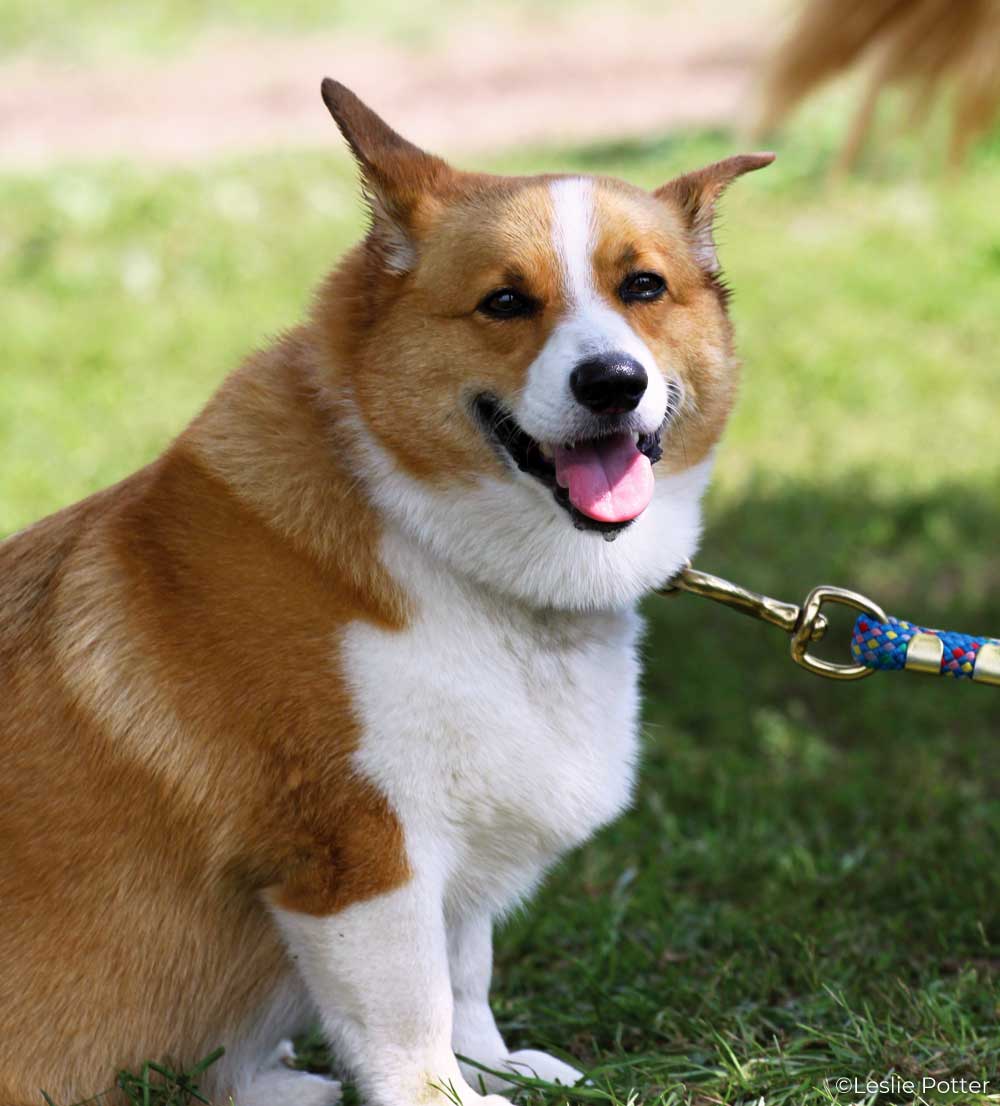8 Barn Dog Safety Tips
No matter where you are, here are our top 8 safety tips for your barn dog to keep them out of trouble:
- For our first tip on barn dog safety, your dog should know how to reliably come when called and greet strangers without being aggressive or overexcited before even coming to the barn.
- If your dog is a barker, you’ll need to train a “quiet” command.Even if you have your own barn or your boarding barn allows dogs off-leash, keep your dog on a leash for the first several visits. It’s a new environment, and even well-behaved dogs can get excited by all the new people, animals and smells.
- Use a short leash, around 6 feet. Don’t use a retractable leash, which can get entangled and cause injury.


Even if your barn allows dogs off leash, keep your dog leashed at first while he learns the ropes. - Introduce your dog to horses slowly, preferably using a horse who is already familiar with dogs. If your dog shows any signs of aggression, back off immediately but calmly, and refocus your dog’s attention on something else.
- Remember that if your horse—or any of the horses at your barn—aren’t used to dogs, they may become scared or even aggressive at the sight of yours, so always be vigilant and pay attention to what’s happening around you. Don’t let your dog greet horses unsupervised, even if he’s used to your horse.
- Dogs like to eat some pretty gross things, including hoof trimmings and manure. Some types of equine dewormer or medication are toxic to dogs, and an enthusiastic dog might hoover up a horseshoe nail while snacking on hoof trimmings. Don’t let your dog treat the barn like a buffet!
- For our eighth tip on barn dog safety, no matter how well-trained they are, some dogs will never be totally reliable around horses due to their herding or protective instincts. Don’t force it. If your dog or horse are agitated and nervous at the sight of each other, everyone will be happier if your dog stays safely home while you’re with your horse.
Read more about caring for barn dogs and barn cats >>
This article originally appeared in the May/June 2019 issue of Young Rider magazine. Click here to subscribe!
Recent Posts
Barn Banter – Episode 30
Welcome to Barn Banter, the official podcast of Horse Illustrated. In Barn Banter episode 30, hosts Susan Friedland and Horse Illustrated…
ASPCA Right Horse Adoptable Horse of the Week: Lucille
Welcome to Horse Illustrated’s weekly installment of the Right Horse Adoptable Horse of the Week, offered in partnership with the…
Bed Sores in Horses
As you brush your horse’s lower legs, you spy something curious. There’s a little patch of hair that’s ruffled, like…
A Recap of Road to the Horse 2025
Road to the Horse is an exciting, unique colt-starting event, dedicated to changing people’s ideas and creating a better world…
2025 Defender Kentucky Three-Day Event: An Impressive List of Entries
Lexington, Ky. — Six of the world’s top 12 eventing riders, including World #1 Tom McEwen (GBR) and World #2…
2025 Defender Kentucky Three-Day Event
Stay up to date on the action from the 2025 Defender Kentucky Three-Day Event. Find information about the event, including…
